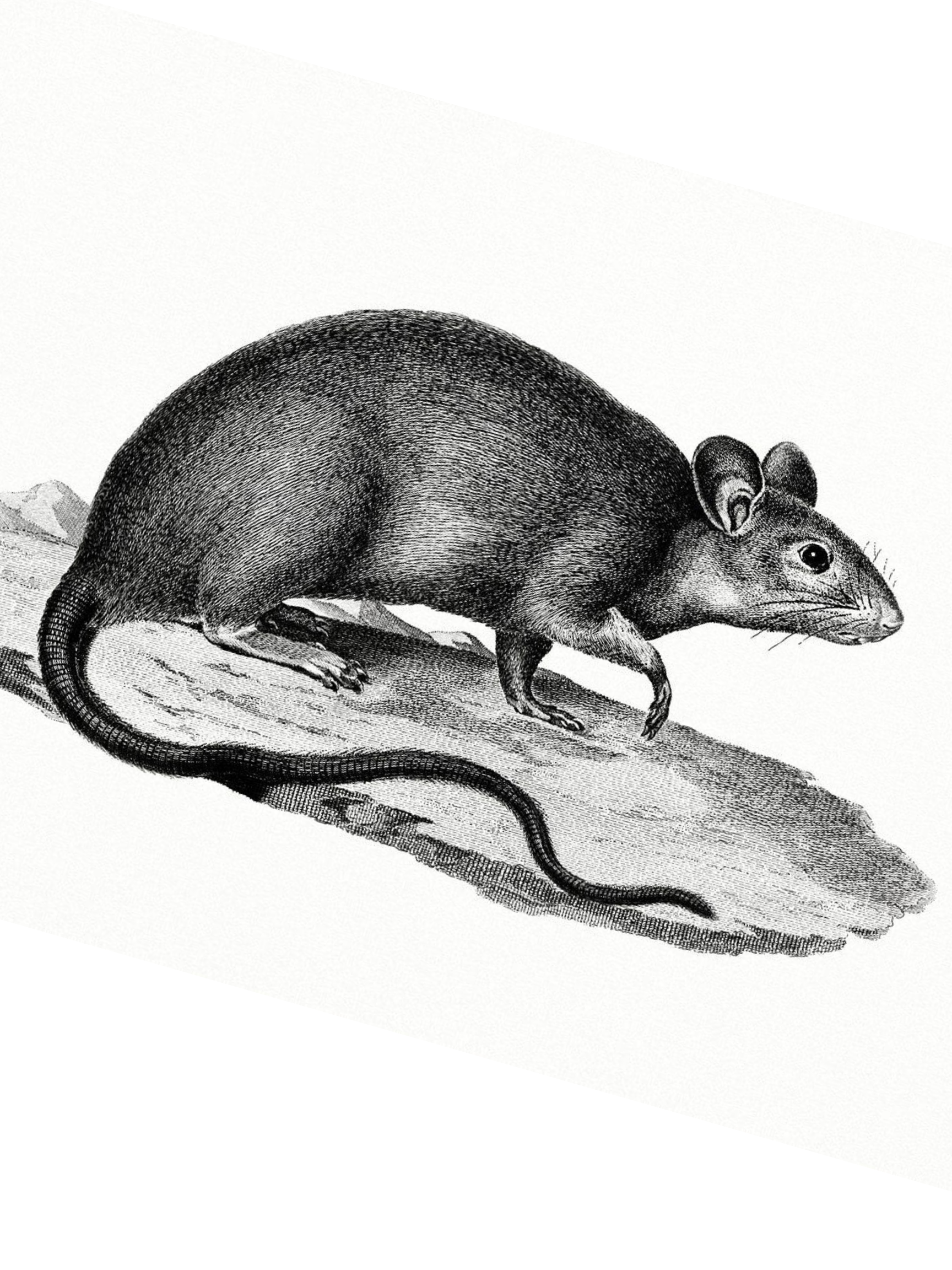
The Rat City Chronicles
Alt Medieval Noir
RAT CITY OUT NOW IN THE COLLECTION REVENGE IN THREE
"From the first page, readers are pulled into the lush, vibrant West Asian culture that serves as the heartbeat giving life to this tense, fascinating story. Full of thrilling twists and turns that kept me guessing, profound emotions, and colorful characters, I was entertained, captivated, and thoroughly swept away." - Gabriella Saab, author of The Last Checkmate
Read the standalone novella! I subtitled it “Chronicles” so I could return to this world in the future and tell the rest of the stories that lie await within. I look forward to writing a story about Wada, the jinn and saloon proprietor, or Mack’s childhood before the walls were built and the plague raged.
The year is 986H/1578CE and Derya Mack lives and works in Aman-Kala, a plague fortress located between Arab, Persian, and Turkic lands. The Zanj have toppled the Abbasid Caliphate, outlawed slavery, and turned regions and cities into client states. The Zanj Caliphate governs from Baghdad backed up by the force of their empire-wide army. Regional militaries are outlawed and cities are left to govern themselves without police or jails. In Aman-Kala, private detectives solve crimes, large and small. Derya Mack is one of those detectives.
REVENGE IN THREE
Love, money, power, betrayal… revenge. The Count of Monte Cristo has enthralled generations of readers the world over. Now three Muslim authors offer their interpretations of this classic tale. From the seedy underbelly of a medieval plague fortress, to the lawless borderlands of the Wild West, to the darkest depths of outer space, each novella delivers a full dose of adventure and excitement while exploring different aspects of society, politics and religion.
Rat City • Alt-Medieval Noir • Laury Silvers
In the walled city of Aman Kala, the grisly murder of a sacred Rat Keeper pulls Detective Derya Mack into an investigation that threatens to expose the power struggles that guarantee the very safety the fortress offers from the plague world.
The Pasha of Texas • Western • Jibril Stevenson
A botched robbery lands Eddie Dawson in a Mexican prison. His friendship with a Muslim prisoner opens the door to repentance and faith, if he could only let go of the ghosts of his past.
The Spatial Condition • Science Fiction • J. Austin Yoshino
Mohsin Dawoud, 3rd mate on the interstellar cargo freighter "Nightshade", has been preparing for life in space with his betrothed, Solmaz. When the Nightshade is attacked it draws him into a conspiracy of jealousy and greed among Earth's most powerful that could destroy the life he spent years building.

